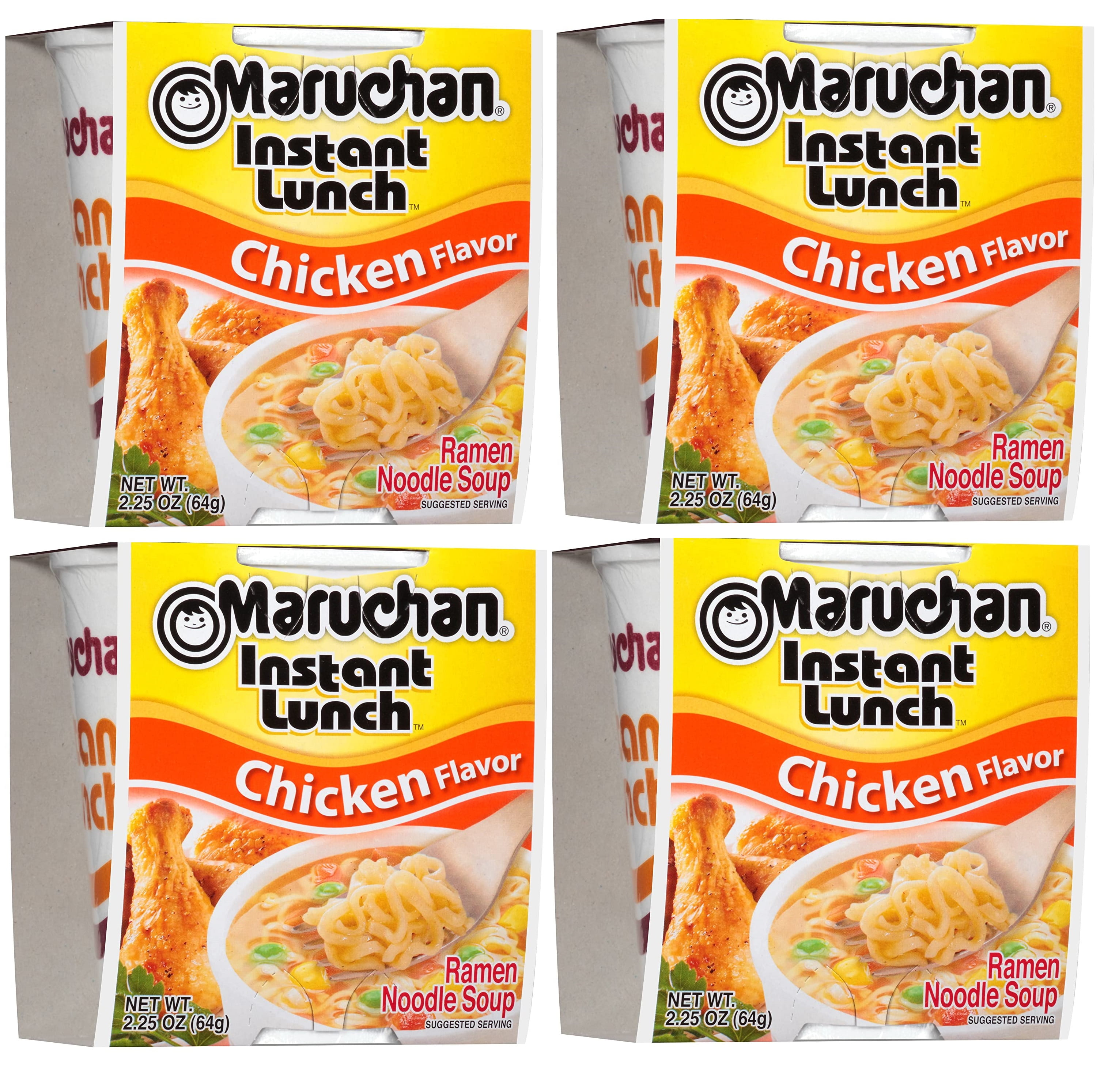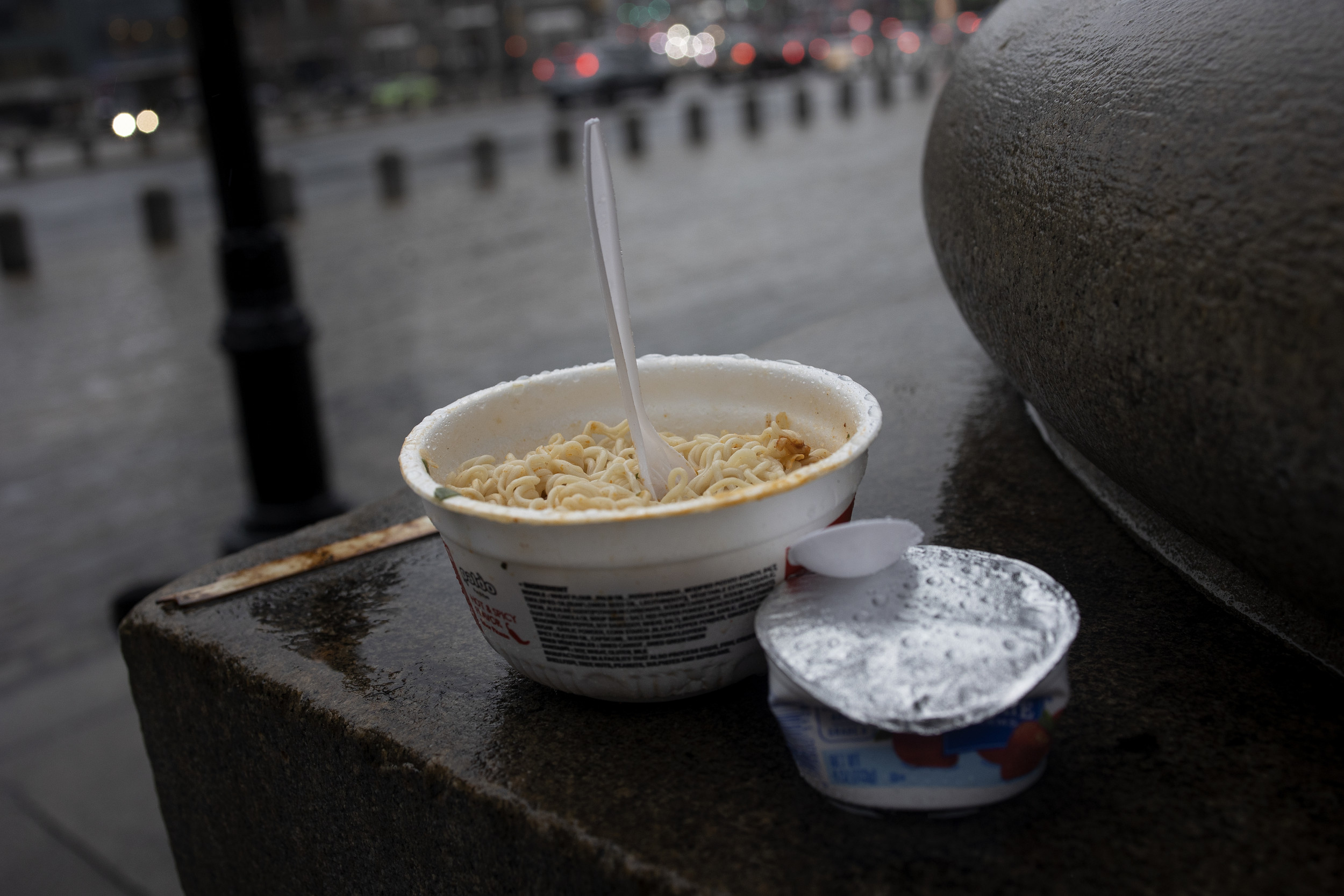In recent years, food safety has become a growing concern for consumers worldwide. Among the various food products, ramen noodles have gained immense popularity due to their convenience and taste. However, in 2024, a significant ramen noodle recall has raised alarms among health-conscious individuals and families. This recall highlights the importance of staying informed about the safety of the food we consume daily. With millions of people relying on ramen noodles as a quick meal solution, understanding the reasons behind this recall and its implications is crucial. This article aims to provide comprehensive insights into the 2024 ramen noodle recall, ensuring you are well-equipped to make informed decisions about your food choices.
Food recalls are not uncommon, but when a widely consumed product like ramen noodles is involved, it can have far-reaching consequences. From potential health risks to economic impacts, the 2024 ramen noodle recall is a wake-up call for both consumers and manufacturers. This article will explore the reasons behind the recall, the affected brands, and the steps you can take to ensure your safety. By staying informed, you can protect yourself and your loved ones from potential harm while continuing to enjoy the convenience of this beloved food.
As a consumer, it is essential to be proactive in understanding the products you bring into your home. The 2024 ramen noodle recall serves as a reminder of the importance of vigilance in food safety. This article will delve into the details of the recall, providing you with expert advice and authoritative information to guide your decisions. Whether you are a regular ramen noodle consumer or someone who occasionally enjoys this dish, this article is designed to equip you with the knowledge you need to stay safe and informed.
Read also:Hikeru Negi A Comprehensive Guide To The Rising Star
Table of Contents
- Reasons Behind the Recall
- Affected Brands and Products
- Potential Health Risks
- How to Check if Your Product is Recalled
- Steps to Take if You Have Recalled Products
- Consumer Rights and Compensation
- Industry Response and Preventive Measures
- Long-Term Implications for the Ramen Industry
- Alternatives to Recalled Ramen Products
- Conclusion: Stay Informed and Protected
Reasons Behind the Recall
The 2024 ramen noodle recall was triggered by several alarming discoveries during routine quality checks and consumer complaints. One of the primary reasons cited by food safety authorities is the presence of harmful contaminants in the seasoning packets. These contaminants include traces of heavy metals, such as lead and cadmium, which can pose serious health risks if consumed over time. Additionally, some batches of noodles were found to contain undeclared allergens, such as soy and gluten, which could lead to severe allergic reactions in sensitive individuals.
Another significant factor contributing to the recall is the improper labeling of nutritional information. Several brands were found to have inaccurately reported sodium levels, misleading consumers who rely on this information to manage their dietary intake. This mislabeling not only violates food safety regulations but also undermines consumer trust in the affected brands. Furthermore, reports of microbial contamination, including the presence of harmful bacteria like E. coli and Salmonella, have further exacerbated concerns about the safety of these products.
Food safety experts emphasize that the root cause of these issues lies in lapses during the manufacturing and quality control processes. From inadequate testing protocols to poor supplier oversight, the recall highlights systemic weaknesses that need to be addressed to prevent similar incidents in the future. By understanding these reasons, consumers can better appreciate the importance of stringent food safety measures and hold manufacturers accountable for their products.
Affected Brands and Products
The 2024 ramen noodle recall has impacted several well-known brands, with millions of units distributed across multiple countries. Among the most affected are global giants like Nissin, Maruchan, and Samyang, whose products are staples in many households. Specific product lines, such as Nissin's "Cup Noodles" and Maruchan's "Instant Lunch," have been identified as part of the recall due to contamination issues. Additionally, Samyang's popular "Hot Chicken Ramen" has been flagged for undeclared allergens and inaccurate nutritional labeling.
Below is a table summarizing the key details of the affected brands and products:
| Brand | Product Line | Issue | Batch Numbers |
|---|---|---|---|
| Nissin | Cup Noodles | Heavy metal contamination | Batch #12345, #12346 |
| Maruchan | Instant Lunch | Undeclared allergens | Batch #67890, #67891 |
| Samyang | Hot Chicken Ramen | Inaccurate sodium levels | Batch #54321, #54322 |
Consumers are urged to check their pantries and discard any products matching the affected batch numbers. Retailers have also been instructed to remove these items from shelves immediately to prevent further distribution. This widespread recall underscores the importance of transparency and accountability in the food industry, as even minor lapses can have significant consequences for public health.
Read also:Today Whose Birthday Celebrating Famous Birthdays And Their Impact On The World
Potential Health Risks
The health risks associated with the 2024 ramen noodle recall are multifaceted and can vary depending on the specific contamination or issue involved. One of the most concerning risks stems from the presence of heavy metals like lead and cadmium in the seasoning packets. Long-term exposure to these toxic substances can lead to severe health complications, including neurological damage, kidney dysfunction, and developmental issues in children. The cumulative effect of consuming contaminated products over time can be particularly dangerous, especially for vulnerable populations such as pregnant women and the elderly.
Undeclared Allergens and Their Impact
Undeclared allergens, such as soy and gluten, pose another significant health risk. For individuals with allergies or sensitivities, consuming these products can trigger severe allergic reactions, ranging from mild symptoms like hives and itching to life-threatening anaphylaxis. The lack of accurate labeling not only endangers consumers but also undermines their ability to make informed dietary choices. This issue highlights the critical need for stringent allergen testing and transparent labeling practices in the food industry.
Mislabeling and Nutritional Misinformation
Inaccurate nutritional labeling, particularly regarding sodium levels, is another concern. Excessive sodium intake is linked to high blood pressure, heart disease, and stroke. Consumers who rely on nutritional information to manage their health conditions, such as hypertension or diabetes, may inadvertently consume unsafe levels of sodium due to mislabeling. This not only jeopardizes their health but also erodes trust in food manufacturers and regulatory bodies. Addressing these risks requires a collaborative effort between manufacturers, regulators, and consumers to ensure transparency and accountability in food safety practices.
How to Check if Your Product is Recalled
Ensuring the safety of the food you consume begins with verifying whether your ramen noodle products are part of the 2024 recall. The first step is to check the packaging for the batch number, which is typically printed on the back or bottom of the product. Compare this number with the list of affected batches provided by the manufacturer or food safety authorities. Most companies have dedicated recall pages on their websites where you can enter your batch number to confirm its status.
Additionally, you can visit official government websites, such as the U.S. Food and Drug Administration (FDA) or the European Food Safety Authority (EFSA), for comprehensive recall information. These platforms often provide detailed databases and search tools to help consumers identify recalled products. Social media platforms and news outlets are also valuable resources, as they frequently share updates and alerts about ongoing recalls. By staying vigilant and proactive, you can ensure that your pantry remains free of potentially harmful items.
Steps to Take if You Have Recalled Products
If you discover that your ramen noodle products are part of the 2024 recall, it is crucial to act promptly to protect your health and safety. The first step is to stop consuming the product immediately, even if you have already consumed some of it without experiencing adverse effects. Next, carefully dispose of the recalled items by sealing them in a plastic bag and placing them in your trash. This prevents accidental consumption by others, including pets or children.
Once the product is safely disposed of, contact the manufacturer or retailer for a refund or replacement. Most companies involved in the recall have established customer service hotlines or online forms to facilitate this process. Be prepared to provide proof of purchase, such as a receipt or barcode, to expedite your request. Additionally, consider reporting the issue to your local food safety authority to contribute to ongoing investigations and help prevent similar incidents in the future. Taking these steps not only safeguards your well-being but also supports broader efforts to enhance food safety standards.
Consumer Rights and Compensation
Consumers affected by the 2024 ramen noodle recall are entitled to certain rights and protections under food safety regulations. These rights are designed to ensure that individuals are not only compensated for their inconvenience but also empowered to hold manufacturers accountable for their actions. One of the primary rights is the ability to request a full refund or replacement product from the manufacturer or retailer. This is particularly important for those who purchased large quantities of the recalled items, as the financial impact can be significant.
In addition to refunds, consumers have the right to file complaints with regulatory bodies if they feel their concerns are not being adequately addressed. Agencies such as the FDA and EFSA provide platforms for reporting issues and seeking further assistance. Some jurisdictions also allow consumers to pursue legal action against manufacturers for negligence or misleading practices. While compensation may vary depending on the severity of the issue and local laws, these measures ensure that consumers are not left to bear the burden of corporate errors alone.
Understanding your rights as a consumer is crucial in navigating the recall process. By staying informed and proactive, you can ensure that your voice is heard and that you receive the support and compensation you deserve. This not only protects your interests but also contributes to a culture of accountability and transparency in the food industry.
Industry Response and Preventive Measures
The 2024 ramen noodle recall has prompted a swift and comprehensive response from the food industry, with manufacturers and regulatory bodies taking significant steps to address the underlying issues and prevent future incidents. Leading brands like Nissin, Maruchan, and Samyang have issued public apologies and pledged to enhance their quality control processes. This includes investing in advanced testing technologies to detect contaminants more effectively and implementing stricter supplier audits to ensure raw materials meet safety standards.
Regulatory agencies have also stepped up their efforts by conducting unannounced inspections and increasing penalties for non-compliance. For example, the FDA has introduced mandatory training programs for food manufacturers, focusing on allergen management and accurate labeling practices. These measures aim to create a culture of accountability and transparency, where manufacturers are incentivized to prioritize consumer safety above all else. Additionally, industry leaders are collaborating to develop standardized protocols for quality assurance, ensuring consistency across brands and regions.
Looking ahead, the industry is exploring innovative solutions to further enhance food safety. These include the adoption of blockchain technology to improve traceability and the use of artificial intelligence to predict and mitigate potential risks. By embracing these advancements, manufacturers can build trust with consumers and demonstrate their commitment to delivering safe and reliable products. The collective response to the recall underscores the importance of continuous improvement and vigilance in safeguarding public health.
Long-Term Implications for the Ramen Industry
The 2024 ramen noodle recall is likely to have far-reaching implications for the industry, reshaping consumer trust, market dynamics, and regulatory frameworks in the years to come. One of the most significant long-term effects is the potential erosion of consumer confidence in ramen noodles as a safe and reliable food choice. Even after the recall is resolved, lingering concerns about contamination and mislabeling may lead to a decline in sales, particularly among health-conscious consumers who prioritize transparency and safety. Brands will need to invest heavily in rebuilding trust through transparent communication, consistent

